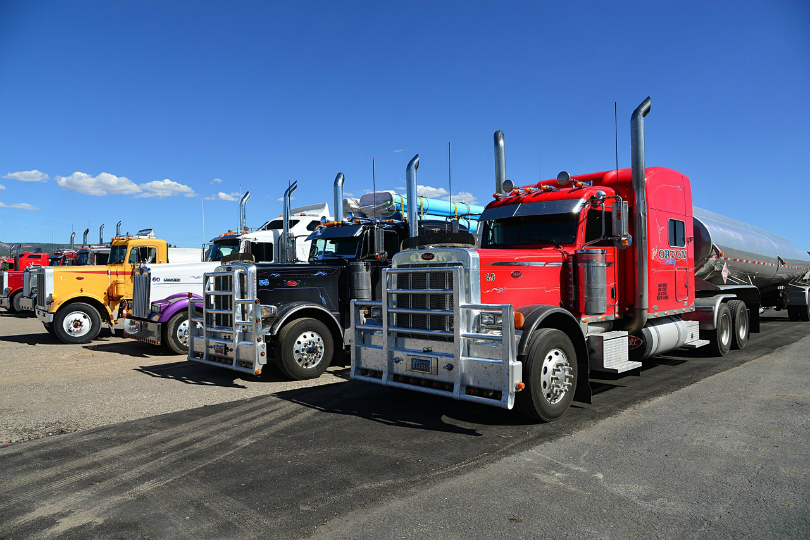It’s true that many businesses and industries have been badly hit by the global pandemic, but the future seems bright for the transportation industry. 2021 is expected to bring large volumes of business, and this seems like a good opportunity to start a new venture.

Have you been considering starting a transportation business too? Wondering how to enter the industry by 2021? Here are some steps to guide to through the process.
1. Select the type of transportation business you want to start
Before you embark on the venture, you should be very clear in your mind regarding the type of transportation business you’d like to undertake. The choice essentially depends on your preferences and convenience. But you should also bear in mind the type of business that’s going to fetch you most customers. After all, that’s vital for the success of your business.
You can choose from personal transportation, regional freight transportation or overseas transportation.
- Personal Transportation: You deal with the end customers on a one-on-one basis. In this segment you can consider running a taxi service, car rental service, bike rental service, limousine rental service, school bus service etc.
- Regional Freight Transportation: This segment usually caters to the commercial sector, carrying goods and materials from one city to another. If that’s your area, you can consider a trucking service, moving company etc.
- Overseas Transportation: If you’re considering this segment, you’re predominantly looking at cross-border transportation, usually shipments by air or sea.
2. Select the type of business entity and set out your business plan
You need to have a business model in place before you can start operating in the segment you’ve selected as your business niche. This involves selecting the type of business entity you want to establish.
- Sole proprietorship: You can start as an unincorporated entity. This form of business model involves only the business owner.
- Partnership: If you’re going into business with partners then you can form a general or limited liability partnership.
- Company: A limited liability company or LLC gives you the advantage of having a separate legal identity for the business. This means your personal liability in case of losses is limited.
Once you’ve decided on the business model it’s time to formulate a business plan. You’ll have to undertake extensive market research and arrive at a marketing and pricing plan. You’ll also need to formulate a financial plan with at least 3-5 years of projection for revenue and costs.

3. Get your Tax ID numbers and other licenses and permits
Every business needs to maintain its licenses and permits with the government authorities. The basic requirements include obtaining a Federal Tax ID number or an Employer Identification Number.
Don’t forget that you’ll need to get a commercial driving license and registration for your vehicle too. There may be other permits you’ll have to obtain in case you’re planning to operate as a goods carrier.
4. Buy the vehicles
Based on the business segment you’ve selected and the market size you’ll be catering to, you’ll have to buy the commercial transport vehicles.
You should start by exploring the options for vehicles online as well as in local showrooms. Don’t forget to consider used commercial vehicles for a good bargain too. For instance, if you’re interested in buying Iveco trucks, you can first explore the options for used Iveco trucks on Truck1, United 1Kingdom.
5. Hire your employees
The success of any business depends not only on the efforts of the founder but also on the skill and diligence of the staff and employees. Depending on the scale of your business you’ll have to hire commercial licensed drivers and some support staff for the administrative as well as technical jobs.

Conclusion
Once you have the business in place and begin the operations, you’ll have to start engaging with the customers. Your goals should be to provide utmost satisfaction to the customers in order to build long-term relations and good business reputation. We’re sure that with the above guidance for starting the transport business, you’ll have a strong foundation to build on.
We wish you the very best in your endeavor!




